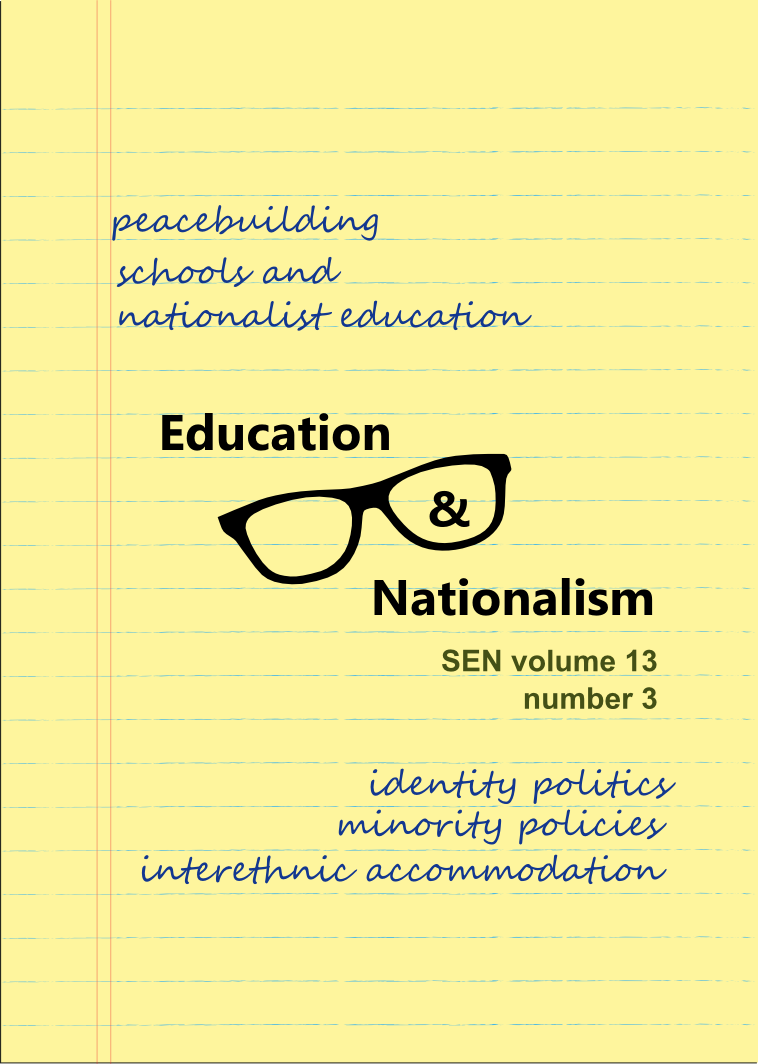
Verena Wisthal, University of Leicester, presents her findings on education and migration in South Tyrol (R) with co-panelists Stuart Durkin of the University of Aberdeen (middle) and Sarah Radcliffe (far left), Cambridge University.
On January 29, 2014, ASEN, in conjunction with SEN and the LSE Department of Government, hosted a seminar on Education and Ethnopolitical Stability in the Basque Country, Chile and South Tyrol. Three papers from SEN Journal’s Special Issue on Ethnicity, Nationalism and Education were presented, including:
“Mapuche Demands during Educational Reform, the Penguin Revolution and the Chilean Winter of Discontent” by Andrew Webb and Sarah Radcliffe
“Advancing Peace Culture in the Basque Autonomous Community: The Basque Education Plan for Peace and Human Rights (2008–2011)” by Stuart A. Durkin
“Identity Politics in the Educational System in South Tyrol: Balancing between Minority Protection and the Need to Manage Diversity” by Verena Wisthaler
All of these articles are available for free at the above-mentioned links.
More information on the ASEN Seminar Series may be found here.


![ASEN_Seminar_2011_00_series[1]](http://senjournal.co.uk/wp-content/uploads/2012/03/asen_seminar_2011_00_series11.jpg)